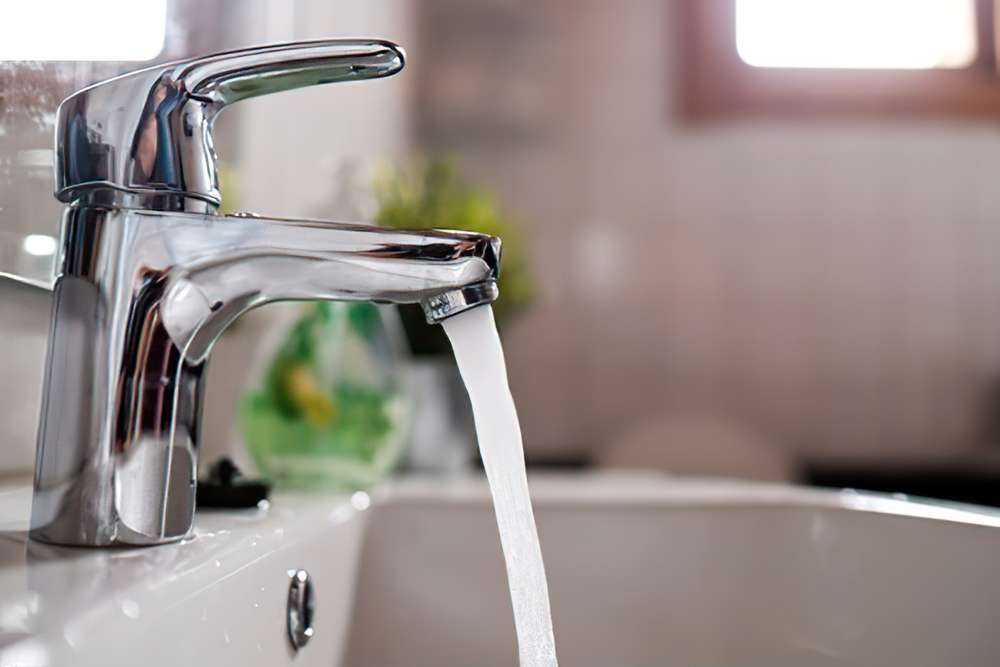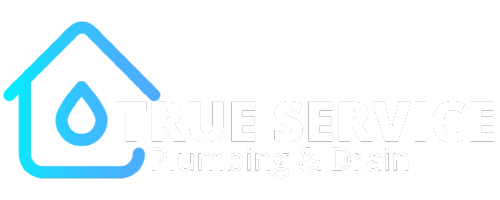For most households, high-water pressure issues are often overlooked. When it comes to water pressure, low-water pressure is what most people think about first.
But did you know high water pressure can lead to serious plumbing issues? Constant high water pressure places enormous stress on your plumbing system.
High water pressure can result in volumes of wasted water and a hefty repair bill. To make matters worse, it often goes undetected.
You would only learn of it after the damage has already been done. Fortunately, there are some telltale signs of high water pressure.
By learning how to detect high water pressure in your home, you will be able to act. By quickly addressing the issue, you can prevent damage to your plumbing system.
Below we discuss the various symptoms of high water pressure and what you can do to resolve it.
Noisy Pipes
A loud banging noise when you turn off faucet fixtures may be due to high water pressure. The cause of the sound is because of a phenomenon known as water hammer.
This effect occurs when water in motion stops or changes direction suddenly. This momentum shift when you shut off a valve creates a pressure surge or wave.
It is this pressure wave that is particularly dangerous to your plumbing. It can cause your piping to vibrate and crash into each other and surrounding framing.
Having worn fixture valves and unsupported piping will worsen these effects.
Over time, the water hammer effect can loosen plumbing joints and connections.
It may also rupture and damage pipes. You may eventually find yourself dealing with leaks after a short period.
This phenomenon often occurs when the main water pipe is supplying water at a high pressure.
Appliance Issues
High water pressure can put some hefty stress on your plumbing appliances. If the water pressure is too much, more water will be entering them. This will cause your appliances to overcompensate and become strained with each use.
Typical home appliances are not designed to operate with high water pressure. The extra pressure will force mechanical parts and seals to work harder. This will cause them to wear out faster.
Ultimately this will lead to a shorter lifespan for your plumbing appliances. Damages due to high water pressure may also void the warranty of your appliances.
A tell-tale sign of this is noise. If you hear your dishwasher or washing making a lot of noise as it fills up, your home may have high water pressure.
Leakage is another sign you should check for. As parts wear out faster, breaks will occur.
Be sure to pay extra attention to your appliances if you suspect high water pressure. If you notice your appliances getting worn out fast, best to get your home’s water pressure looked at.
High Water Bill
Have you begun to notice that your water bill is starting to skyrocket suddenly? This could be another sign of high water pressure in your home.
High water pressure will result in more water use. For most households, this will often go unnoticed. That is until they see their monthly utility bill and the costs reflecting the extra use.
Say for instance, you run your faucet at 50 PSI for 10 minutes. At this rate, you will use about 30 gallons of water.
Now say you were to increase PSI by 10. You would now be using 36 gallons of water every 10 minutes.
The 6 gallon difference is pretty huge! All of this can add up rather fast. Quite a lot of water and money is literally being flushed down the drain.
You could be spending an additional several hundred dollars on your water bill per month.
Good news is that, once you get your home’s water pressure down to a reasonable level, your water bill should too.
Ideally, you water your home’s water pressure to fall between 40 and 60 PSI. Beyond this range is not ideal. Anything over 80 PSI would be dangerous to your plumbing.
Low Hot Water Supply
Have you been running out of hot water often lately? This issue could be due to high water pressure.
Hot water is limited in terms of supply. It is produced and stored in your home’s water heater tank. In contrast, cold water comes directly from the main water line.
If your water pressure is high, you’ll end up using the hot water reserves stored in the water tank rather quickly.
Due to the limited supply of hot water, you will be unable to enjoy long hot showers or baths.
You may also be unable to take a hot shower after another member of the household. This is because the water heater tank will have to refill and then reheat the water. This can be frustrating and impact your quality of living negatively.
Lastly, high water pressure can strain your home’s hot water heater. The high water pressure may result in the tank filling up too fast.
A water heater’s primary function is to take in water at a certain rate to compensate water spent. It keeps the water stored inside at a certain temperature until it is used.
But with high water pressure, cold water intake would overtake the hot water stored in the tank. This will further shrink the available supply of hot water.
Due to this, your water heater will have to work overtime. It will have to reheat new water after unfinished cycles.
This overwork will strain your water heater, wearing itself out faster.
You are likely to experience a rupture and leak, resulting in a costly early replacement.
Regulating Water Pressure
Your home’s water pressure is regulated by a device called a pressure regulator. It’s primary function is to bring down water pressure to a reasonable level before it is supplied to your home.
This device is installed at the junction of the main water line supplying your home, after the main shutoff valve.
Often, municipal water is supplied to your home at rates of around 150 to 200 PSI. For this reason, most homes will have a pressure regulator valve already installed.
Without one, your plumbing would not last under the strain at these pressure levels.
As mentioned earlier, most homes are likely to have a pressure regulator installed. Therefore, experiencing high water pressure may indicate a malfunction with the device.
Water pressure regulators have a lifespan of about 7-12 years. If you do not recall the last time your regulator has been replaced, best to call a plumber in to inspect and verify.
Water Pressure Regulation With True Service Plumbing
Think your home may be experiencing high water pressure? Give us a call.
Our licensed plumbers will assess your home’s plumbing system and determine the root cause of your issue, and perform the services necessary to get your water pressure back to normal.
From water hammer, high water pressure, to pressure regulator valve installations, True Service Plumbing has your back when it comes to all things plumbing.


